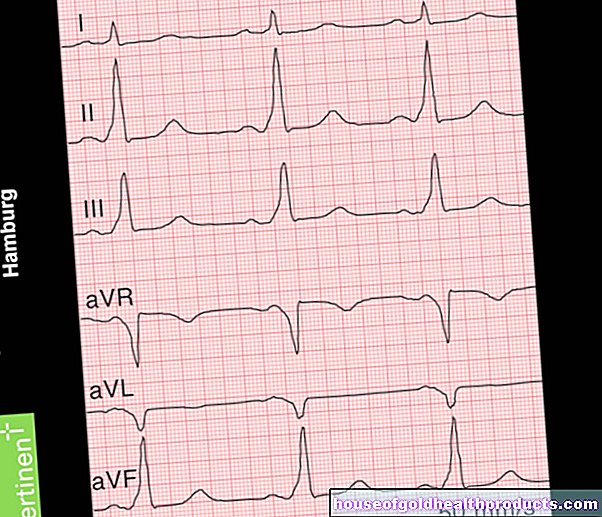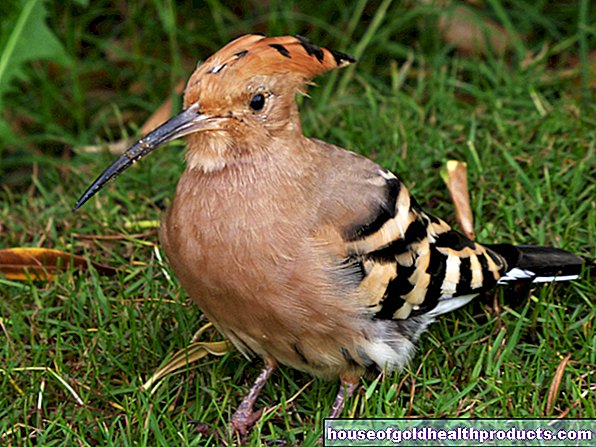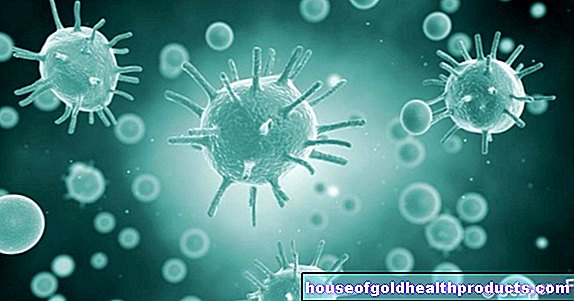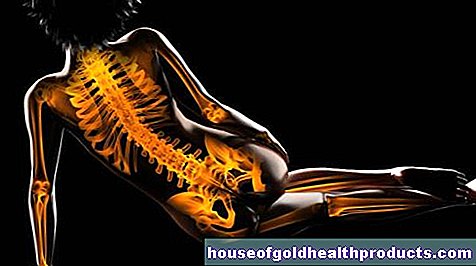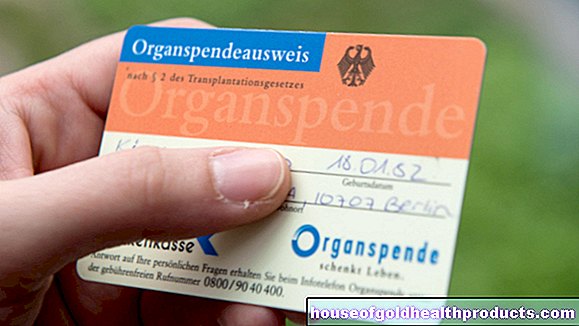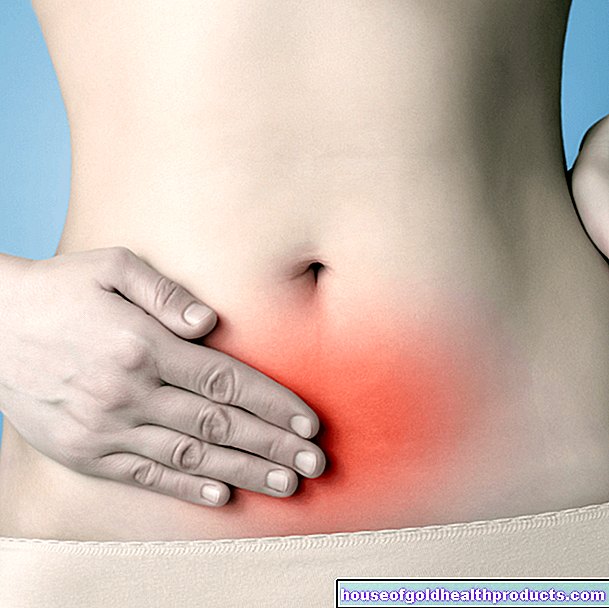Quitting smoking: stopping after ovulation
All content is checked by medical journalists.Smoking can be fatal, but many people find it difficult to quit - women even more than men. The right time could help here: If women adjust their smoking cessation to their cycle, their chances of success may increase.
In Germany, almost 30 percent of adults smoke. The blue haze is even more harmful to women than men - they are more likely to develop cardiovascular diseases and chronic lung diseases. At the same time, they find it harder to stop smoking. Among other things, this could be related to the hormonal fluctuations during the menstrual cycle, write researchers from the University of Pennsylvania, USA. They researched at what point in the cycle women find it easier to resist temptation.
Seductive hormones
It is already known from animal studies that female hormones could influence addictive behavior: women are more likely to give in to their addiction before ovulation, and after ovulation they are better able to suppress their cravings. "If we understand how cycle phases influence processes in the human brain, thoughts and behavior, we can better support people who want to quit smoking," says Professor Reagan Wetherill, head of the study.
With this aim, the scientists examined the brains of 38 smokers in a magnetic resonance tomograph (MRT). For this purpose, the women were divided into two groups, depending on which cycle phase they were currently in. 22 women were in the follicular phase, during which the egg cells mature in the ovary and the lining of the uterus builds up. The other 16 women were in the luteal phase, which begins after ovulation. At that time, a particularly large amount of the hormone progesterone is produced and the egg can be fertilized. If this is not the case, the lining of the uterus is broken down again and menstruation occurs.
Strong desire, less control
All women were shown ten-minute films while in the MRI, which either contained “smoking cues” - content that can induce the craving for a cigarette - or were neutral. Their brain activities were recorded and evaluated by the experts - especially the regions of behavior control and the reward system. Before and after that, the participants rated their desire to smoke.
In women in the follicular phase, the reward system was more responsive to smoking cues. In addition, the control center and the reward system were less closely connected than during the luteal phase. That too can affect how well self-control works. The researchers assume that due to brain chemistry, the women's craving for cigarettes was stronger at certain points in the cycle, they were less able to suppress it and thus their risk of continuing to smoke or relapsing was higher.
Stop smoking after cycle
For smokers who want to quit, this means: the chances of success increase if they start to give up cigarettes during the luteal phase, i.e. after ovulation. "Perhaps the progesterone, which is increasingly released during this phase, supports impulse control," the researchers write. During the follicular phase, women should seek special support to strengthen their cognitive control.
The scientists hope that their results will also apply to other addictive substances, such as alcohol or high-fat foods. This could lead to further progress in addiction treatment. (vv)
Sources:
Wetherill, R. et al. Influence of menstrual cycle phase on resting-state functional connectivity in naturally cycling, cigarette-dependent women. Biology of Sex Differences. 2016 May 10; 7:24. doi: 10.1186 / s13293-016-0078-6. eCollection 2016.
Franklin, T. et al. Influence of Menstrual Cycle Phase on Neural and Craving Responses to Appetitive Smoking Cues in Naturally Cycling Females. Nicotine Tob Res. 2015 Apr; 17: 390-397.
Tags: baby toddler desire to have children dental care

